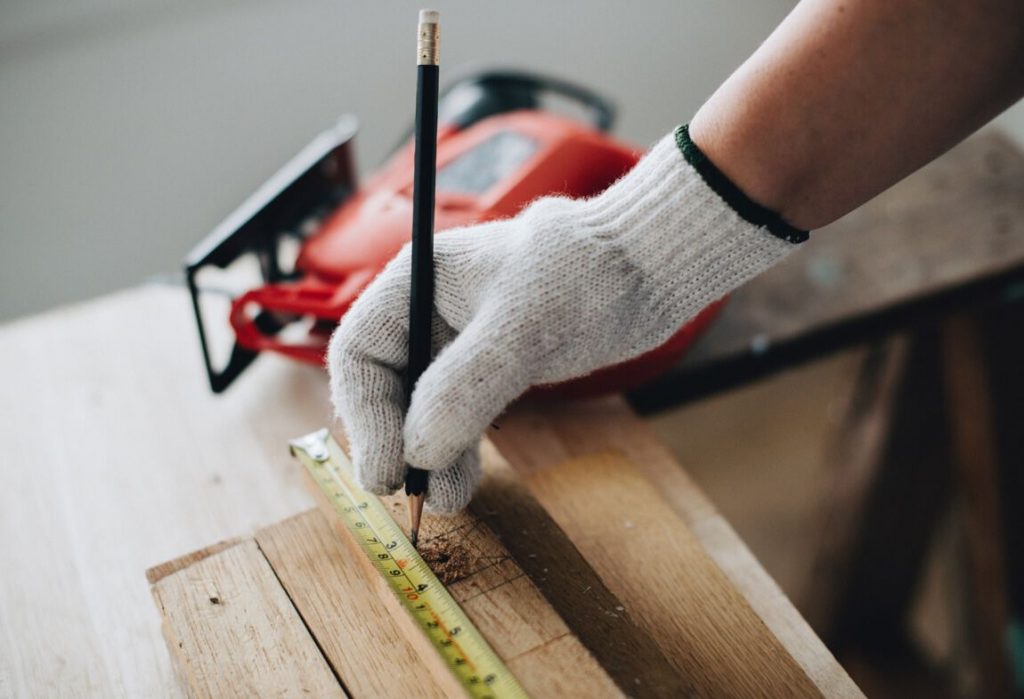Hospital cleaning is also known as hospital environmental services. A general rule of thumb for hospital cleaning and housekeeping is to touch less surfaces, floors, and areas. Keep in mind that any object that you touch can carry bacteria, viruses, or other organisms with the potential to create illness. When it comes down to picking up dropped objects on floor such as water bottles or food items, it is best not to pick them up at all because of the risk of spreading germs from your hands into the item.
Surface Cleaning
Most surfaces that a patient or resident may touch are considered part of the hospital cleaning in Des Moines, IA process. Bed rails, bedside rails, drawers, and other patients’ possessions are typically cleaned on a regular basis. There is very little risk by touching these items with clean hands since they rarely become contaminated in between cleanings. However it is not recommended to touch the surfaces of other patients’ belongings such as their clothes and personal belongings because of the risk of contracting illness from germs on the objects and sharing them with your mouth or hands.

Wiping Surfaces
When it comes to wiping surfaces the best method is to use disposable and single-use wipes. Most of the time these wipes are made with an antibacterial solution and they can be easily disposed of in a wastebasket after use. If you have to touch a surface such as the bed rail or desk with your hands, it is recommended that you wipe off your hands onto a disposable towel or tissue before touching another surface to prevent spreading germs from one surface to another.
Kitchen Countertops
The cleaning of the kitchen countertops should be routine as well. Keep in mind that the countertops serve a dual purpose as both a food prep and eating area. It is important to clean any areas that are frequently touched by entering into contact with bacteria such as the glasses, serving dishes, food containers and more. If you have to clean your hands before touching another surface it is recommended that you use disposable wipes, sponges and rags. To do this all you have to do is wash your hands with soap and water and then dry them off with a disposable towel or paper napkin. Wipes can also be used if they are not already contaminated from previous uses or if they are made in single-use packages.

